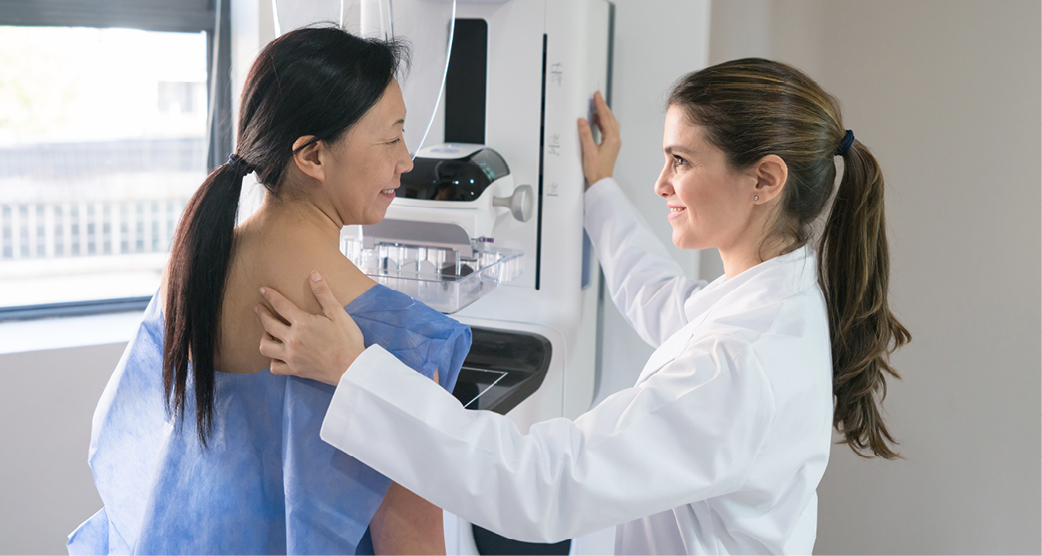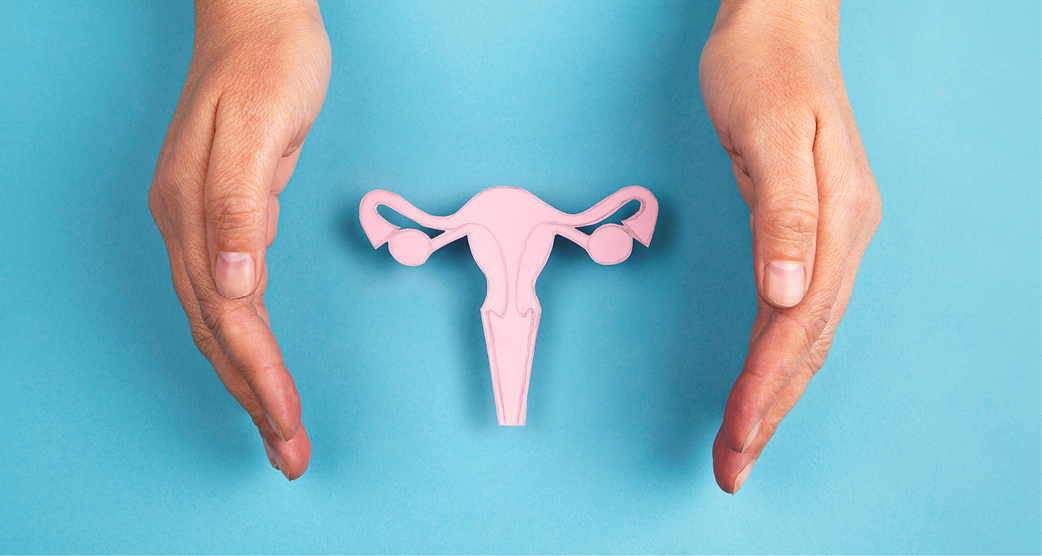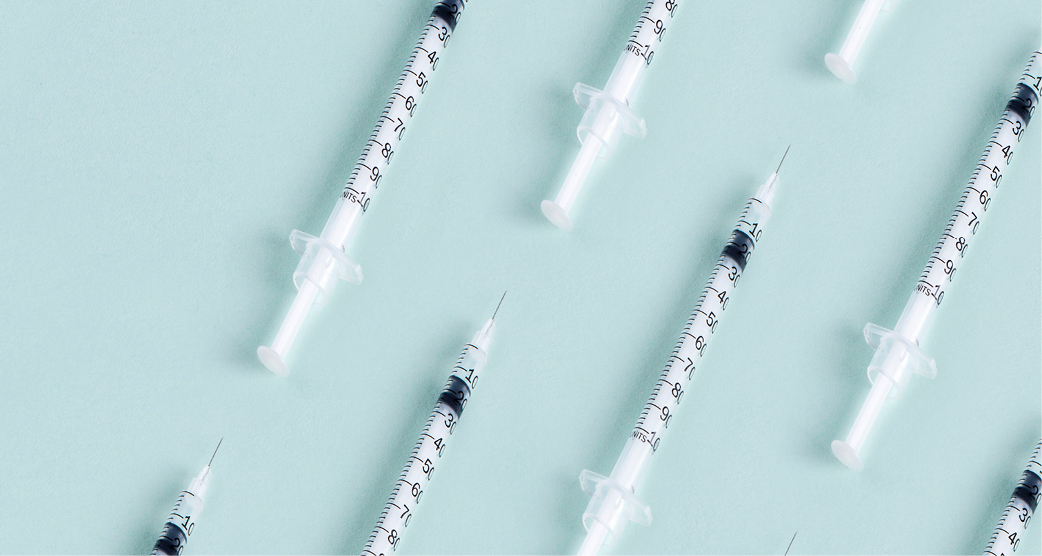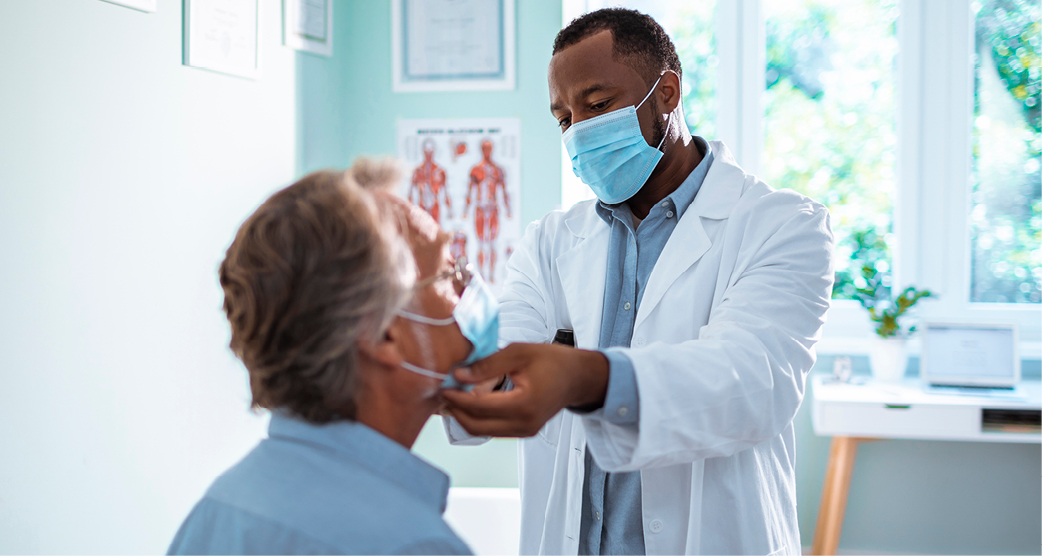Approximately 1 in 8 women in the United States may develop breast cancer over the course of her lifetime, according to research by the American Cancer Society (ACS). Aside from skin cancer, it is the most common type of cancer — and the second most common cause of cancer death in U.S. women. But when caught early, breast cancer can be easier to treat, and yielding better outcomes.
From https://share.upmc.com/2020/10/breast-cancer-screenings/
Why should people get mammograms?
Many women with breast cancer do not have symptoms, such as a lump that they can feel. That’s why breast cancer screening is used to catch the disease early which saves lives. Please remember, breast cancer screenings don’t protect you from getting cancer. However, they can help doctors identify and remove a tumor while it is small and hasn’t spread. There are several breast screening methods including:
- Mammograms. A mammogram is an x-ray of breast tissue that can help doctors find cancer. For most women, it is the most common and effective way to search for breast cancer. Talk to your doctor regarding your risk of breast cancer and the frequency you should get a mammogram.Recommendations for breast cancer screening can be found here:
Breast Cancer Screening Guidelines | Memorial Sloan Kettering Cancer Center (mskcc.org) - Magnetic resonance imaging (MRI). An MRI takes scans of breast tissue. Doctors may order this test with a mammogram for women who are at a higher risk or have dense breasts.
- Clinical and self-exams. You or your medical provider can conduct a physical exam of your breasts by using touch to feel for lumps or other possible signs of cancer. If you notice any changes in your breasts, you should notify your doctor immediately.
The Annals of Internal Medicine emphasizes the importance of breast cancer screening. Its research has shown that early screening and diagnosis greatly reduce deaths from breast cancer.
From https://share.upmc.com/2020/10/breast-cancer-screenings/
Benefits and Risks of Screening
Every screening test has benefits and risks, which is why it’s important to talk to your doctor before getting any screening test, like a mammogram.
From https://www.cdc.gov/cancer/breast/basic_info/screening.htm






